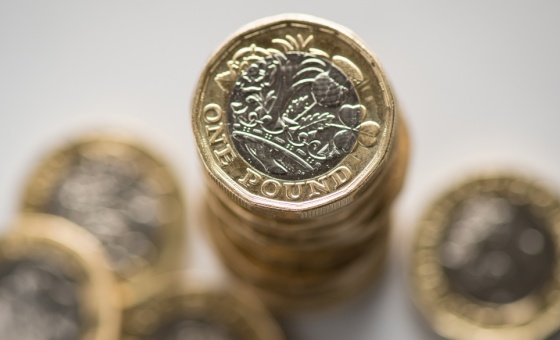This is the last article you can read this month
You can read more article this month
You can read more articles this month
Sorry your limit is up for this month
Reset on:
Please help support the Morning Star by subscribing here
Welsh Rugby: What Went Wrong?
Seimon Williams
Y Lolfa, £9.99
THIS is a hard book to digest, for a lifelong fan of Welsh rugby.
It is almost 200 pages of tough love, a forensic examination of the tribulations and internecine bickering that has beset the glorious game in the country where rugby is a nation’s heartbeat.
Seimon Williams's book should be read by every official of the Welsh Rugby Union (WRU), past and present. If I had my way, it would be hurled at most of them. This account of a deepening crisis will demonstrate to any true supporter that, although our devotion may remain boundless, we can acknowledge the harsh realities here.
Dr Huw Jones, formerly head of Sports Council Wales, summed up the execrable situation at the WRU: “There has been a huge failure of the structure and of the system. When you look at the problems that have occurred recently — misogyny, homophobia, sexism — those sort of allegations — that comes from an organisation that is beset with a culture of arrogance and power.”
Many of the failures of management became evident in the move from amateur to professional status in 1995, and the establishment of the regional structure in 2003. The salary structure created might as well have been written on the back of an envelope. Salaries ranged from £2,000 to £6,000 a year, which seems a pittance for elite sportsmen, but this was a world where our top club and national players had often survived on “boot money,” when a sponsor or patron might leave some cash in a player’s boots. Barry John recalls being rewarded by a whip-round among spectators.
So, here was a bitter pill for players and fans alike. In 1995, we were thrilled to think that those players who had “gone north” and joined rugby league teams, could now return to the land of their fathers. In truth, as Williams puts it: “Very quickly, the balance of power in these islands became apparent. For every exiled player brought back from rugby league, two or three would leave. Not, this time, for the rival code, but for rugby union clubs.”
Hearts sank, for Wales supporters everywhere, as we witnessed the exodus. Top-quality players left for Harlequins, Wasps, and for Richmond, where Cardiff half-backs Andy Moore and Adrian Davies went as a pair on a reported £65,000. Craig Quinell followed them, and then his brother Scott. Those of us reading the sports pages nearly wept: these boys were Barry John’s nephews, playing for an English club!
Welsh clubs started spending big money to try and secure contracts with players. Debts piled up and some contracts cancelled. Llanelli was £900,000 in the red (no pun intended), and resorted to selling their Stradey Park ground to the WRU, and leasing it back.
Although the club would later own the ground again, this was chilling news for fans. You could have told us the Queen was offloading Buckingham Palace, and we’d have cared less. But Stradey? The oldest ground in Wales, where the nation’s own galactico Ray Gravell and his team beat the All Blacks in 1972.
But there’s the tendency of the Welsh fan again, to get nostalgic when we need to face up to the here and now.
It’s refreshing that this work is low on hiraeth, the Welsh word often defined as a longing for a place that no longer exists, or perhaps never did.
As depressing as this book may be, Williams has done a great service to the beloved game. Apart from his assiduous research, there’s a nose for the more incisive observations. One, from the late No 8 and commentator Eddie Butler, gets to the heart of it: “Rugby has become an upside-down game, nourished from above, not below. The danger is that contact with the roots of the game has been lost.”
I’m glad I forced myself to read this book. It confirms what fans have said for decades: WRU — support the clubs, help them to survive and thrive. Get out of your ivory tower and get on with it. Pob lwc.












